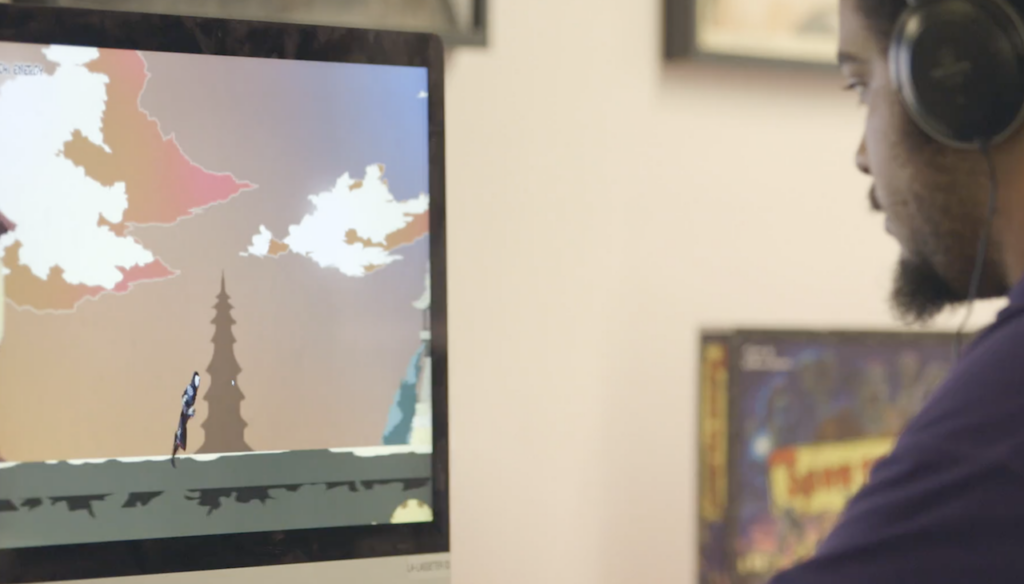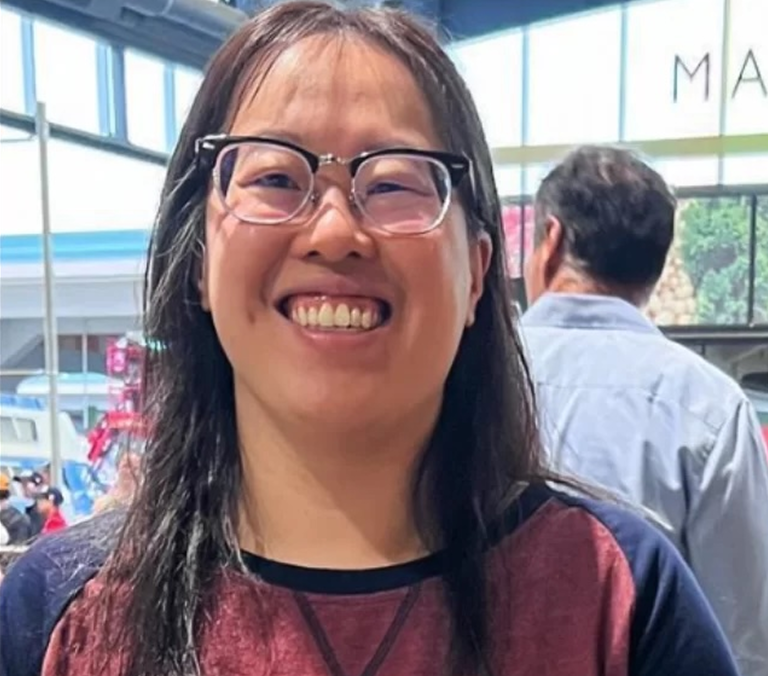Learn How to Get into Game Design at NYFA
In NYFA’s 1-Year Game Design Program, prospective game designers are introduced to the art of game design and development through hands-on, project-based learning. Throughout the program, students build intermediate knowledge of crafting fun gameplay, as well as the essential techniques and practices of game art and coding.
Students receive a deep education in Playcentric Design and Systems Literacy, also gaining intermediate experience in the Maya 3-D Art Software.
Under the guidance of our experienced faculty of game designers, one-year students also create a series of original video game content, establishing a firm foundation in the theories, methods and execution of game development. Upon graduation, students will earn a college credit-bearing Certificate.
Faculty Highlights
Curriculum
The 1-Year Game Design program is offered at NYFA Los Angeles. The program introduces students to the language and processes of game programming, the techniques and practices of game design and art, systems creation, and coding, as well as the theories of narrative storytelling in video games. The curriculum also includes:
- Coursework and exercises aimed to help students develop skills in game prototyping, playtesting, iteration, presentation, and collaboration while building knowledge in the techniques and practices of game art and animation
- Projects designed to teach the methods and execution of game development through participation in the creation of a working video game
To learn more about this program, refer to NYFA’s Course Catalog or request more information.
NYFA’s 1-Year in Game Design is a two semester, conservatory-style program. Upon graduation, students will earn a college credit-bearing Certificate. Qualified students who complete the 1-Year Program may apply to have their coursework be accepted for advanced standing in the AFA, BFA, MFA in the game design degree programs.
Students work on a range of game design projects and portfolio pieces including the development of functional digital games in collaboration with classmates. To see the types of projects students complete, visit our projects page.
The one-year program is offered at NYFA Los Angeles.
3300 W Riverside Drive
Burbank, CA 91505
1-Year Game Design Program
| Location | Program Start Date and End Date | Tuition |
|---|---|---|
| Los Angeles | August, 2026 – August, 2027 | Fall 2026 Semester The program semesters tuition and duration is listed below. In addition to tuition please review the programs associated feesTuition:$19,500 Per Semester Departmental Program Fee:$1,500 Per Semester Program Duration: 3 Semesters |
The Spring 2026 deadline has passed, however, we may have limited seats available. Please contact us by phone +1 212 674 4300 or email admissions@nyfa.edu
*Additional Fees:
Spring 2026 – Summer 2027
| Technology Fee: | $80 Per Semester |
| Wellness Services & Programming Fee: | $145 Per Semester |
| Activity Fee: | $125 per semester |
| Orientation Fee: (Spring 2026: January 5th – January 9th) |
Domestic Students: $150 International Students: $200 |
| Graduation Fee: | $100 |
| International Student Fee: | $200 for the first semester, $120 each subsequent semester |
Please note: Equipment, curriculum, and projects are subject to change and may vary depending on location. Students should consult the most recently published campus catalog for the most up-to-date curriculum.



